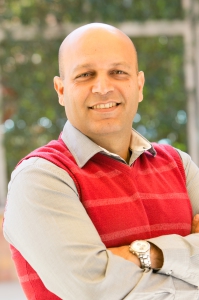“Two key factors for the success of infrastructure projects in Africa is the collaboration between the private and public sector, whilst using a third party for early engagement and de-risk; and integrity in the design process.”
This statement was made by Poya Rasekhi, Chief Executive Officer of Arup SA, at the recent Captains of Construction Exclusive Leadership Forum panel discussion which addressed the topic ‘Industrialisation Policy Goals in Africa: Aligning Private Sector Strategy’.
“The private and public sector has to engage in a collaborative approach in order to succeed in reaching project goals. It also makes ‘success-sense’ to identify a third party and engage early on in the developmental stage to minimise risk factors associated with major infrastructural programmes,” said Rasekhi.
“This will help align objectives and priorities for making the project a success, where both private and public sector can meet their objectives. The Fifa 2010 World Cup project is a perfect example of how partners worked together with Fifa to achieve the great success that the project became.”
“Integrity in design cannot be compromised in any way. We see sub-standard designs working their way into developments more regularly due to the pressure of price and lack of upfront planning and design work.
“In a recent Arup survey on the real cost of poor design, we discovered that in developed countries between 4% and 5% is spent on design, whilst in developing countries it is between 2% and 3% – often resulting in an over run of 30% to 40% of capital cost. These costs can be easily reduced in Africa through embracing effective planning and good design.”









